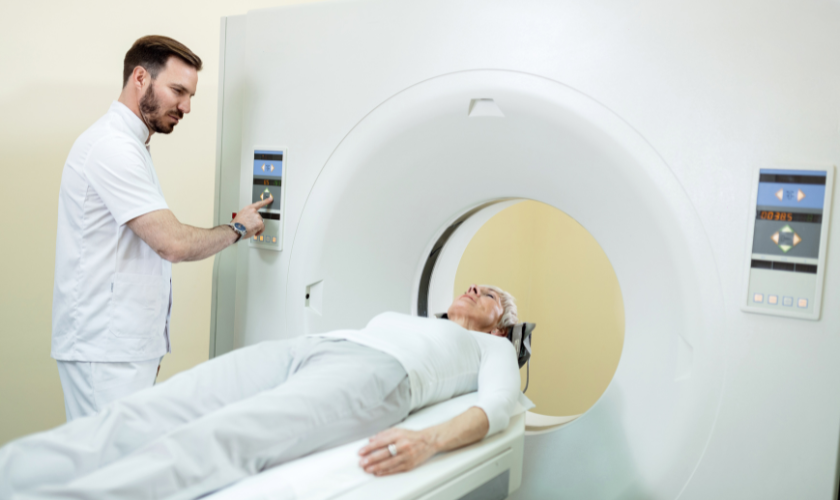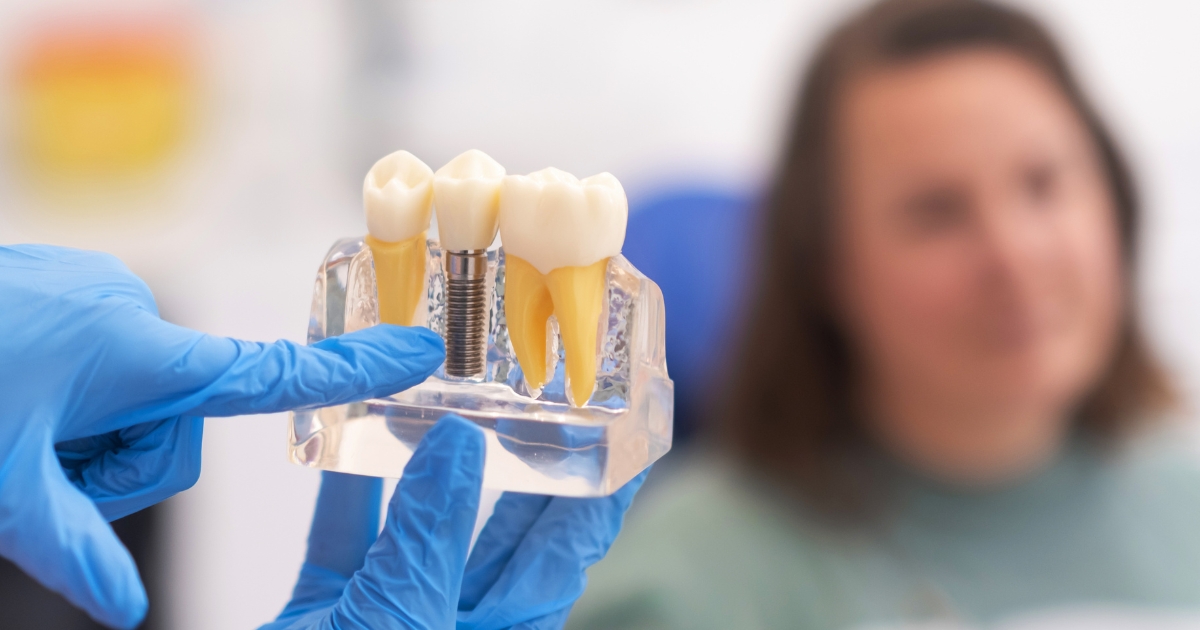Unveiling the Safety of MRIs with Dental Implants

Modern dental advancements have paved the way for transformative procedures, offering solutions that not only enhance our smiles but also improve overall oral health. Among these innovations, dental implants have become a popular choice for those seeking a durable and natural-looking replacement for missing teeth. However, concerns often arise about the safety of undergoing magnetic resonance imaging (MRI) with implants.
The Magnetic Conundrum: Debunking Myths
The Non-Ferromagnetic Marvel of Implants
Dental implants commonly consist of materials such as titanium, titanium alloy, and zirconia. Contrary to popular belief, these materials are not ferromagnetic, meaning they do not attract or react to magnetic fields. This characteristic makes dental implants inherently safe for individuals requiring MRI scans.
MRI machines utilize powerful magnets and radio waves to generate detailed images of internal body structures. The non-ferromagnetic nature of implants ensures they won’t be adversely affected during an MRI, providing a secure and reliable imaging process.
The Nuts and Bolts of Dental Implant Materials
Titanium: A Non-Magnetic Pioneer
The primary material in many dental implants, titanium, boasts a remarkable combination of strength, durability, and biocompatibility. Its non-magnetic properties make it an ideal choice for implantation, ensuring patient safety during various medical procedures, including MRIs.
Titanium Alloy: Blending Strength with Compatibility
Dental implants often incorporate titanium alloys engineered to enhance specific properties like strength and corrosion resistance. Despite these enhancements, titanium alloys maintain their non-ferromagnetic nature, solidifying their suitability for patients with implants undergoing MRI examinations.
Zirconia: A Ceramic Marvel
Zirconia, a ceramic material gaining popularity in dentistry, is prized for its natural appearance and biocompatibility. Like titanium, zirconia is non-ferromagnetic, adding another layer of safety for individuals with Implants in MRI settings.
Ensuring a Smooth Experience
Communication is Key
While implants pose no inherent risks during an MRI, communication with healthcare professionals is crucial. Inform your doctor about your implant before the procedure. This proactive step ensures they can tailor the MRI protocol to your specific needs, providing a seamless and secure experience.
Routine Check-ups and Maintenance
Regular dental check-ups remain essential for implant wearers. Monitoring the condition of your implants ensures their longevity and functionality while also addressing any concerns that might arise over time.
Moving Forward with Confidence
The safety of undergoing an MRI with dental implants is grounded in the non-ferromagnetic properties of titanium, titanium alloy, and zirconia. These materials, commonly used in dental implants, allow individuals to navigate medical procedures like MRIs without compromising their oral health.
As you continue your health journey, armed with the knowledge of dental implant compatibility with MRI, rest assured that your choice for dental restoration is not just aesthetically pleasing but also aligns seamlessly with your overall well-being. To further discuss and ensure the safety of your dental implants, consult with a knowledgeable dentist in Katy. Your health and peace of mind deserve the best care possible.






